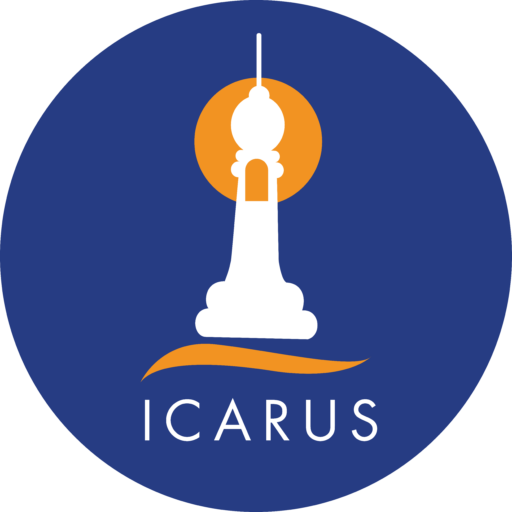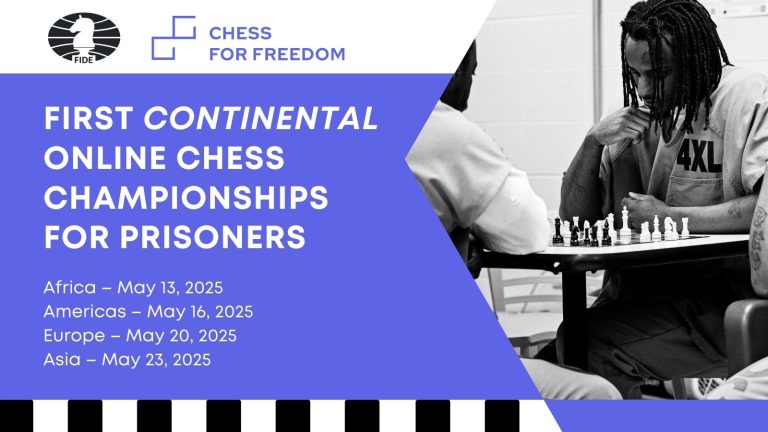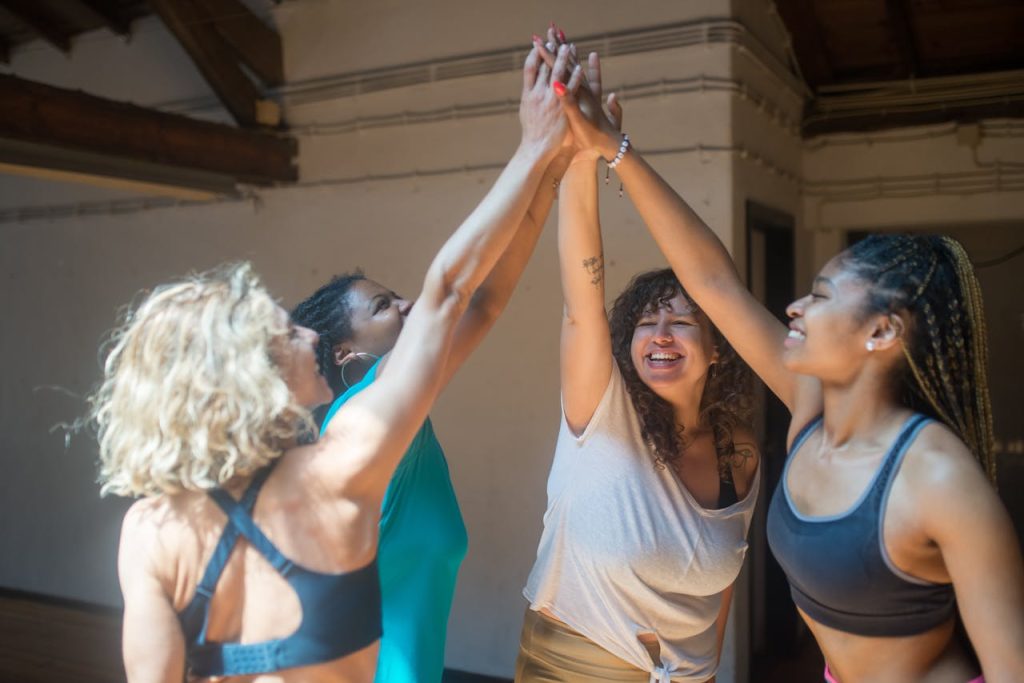Soft skills are the type of ability that is becoming increasingly sought after in the labour market, even more so than the technical skills that are acquired through study programmes.
Soft skills are the type of abilities that include, among others, emotional intelligence, team spirit, risk assessment and taking responsibility. For these reasons, it is increasingly common to try to encourage the development of these skills even inside prisons.
After spending a period of time inside a prison, far from society, without being able to interact with other people, a former prisoner may feel the need for help to recover their previous life and reintegrate into the society of which they were once a part.
The time spent in prison increases the possibility of forgetting positive emotions such as happiness and joy, and embracing negative ones such as fear and anger.
For this reason, the individual cannot be left alone, to allow him to recover his life and not return to making past mistakes.
To do this it is essential to leverage their personal abilities, which do not need to be studied to develop, they are skills that each individual possesses naturally.
Today, especially following the pandemic, which has allowed us to rediscover those pastimes to be enjoyed at home, the game of chess has become very popular.
It’s a game that requires mental effort to be able to keep calm and calculate the different steps to be taken in order to finish the game. In this way, the individual learns to control himself by reflecting on his behaviour and the consequences of his actions, as one wrong move could nullify all his efforts, an activity that could be reminiscent of martial arts, but without requiring any physical effort.
Furthermore, it is a game where participants find themselves acting under the same conditions, in a fair and democratic way. We can consider this activity as the representation of reality within a chessboard.
The effect of this game on the human mind is well known, which is why it has been encouraged even in prisons.
This activity aims to promote better relationships between participants, also encouraging the development of each person’s personal skills such as strategic thinking and problem solving, all of which are connected to the objectives of Icarus, which aims to encourage self-control and self-awareness in each individual, the ultimate goal of prison education.
In this regard, we find Trasciatti, founder of the #Chess4Life association, who has also joined the Icarus project, funded by the European Union. Inspired by the initiative ‘Sport for all – Prisons’ by Sport e Salute, a programme aimed at prisoners, adults or minors, he recognised the various benefits of chess, and for this reason the project has crossed national and European borders, reaching as far as the United States, where this ‘educational leisure’ activity has been around for some time.
This is the context for the story of Eugene Brown, an ex-convict who had been imprisoned as a result of some bad choices, and during his time there he met a fellow prisoner who was a chess enthusiast. Over time he realised that this game requires mental commitment, as it is an activity through which lessons can be learnt. It is not a game with winners or losers, you get a reward on both sides, you learn how to control yourself. To be able to play you have to be able to reflect on your moves, in other words be the master of your own destiny and make conscious choices.
Through this experience, Brown developed a different vision of life and the world. He decided to pursue this idea and set up projects and non-profit organisations, some of which are now active worldwide.
Finally, on the subject of chess, we have the FIDE World Chess Championship, which dates back to the end of the 1800s and which, in collaboration with the Cook County Sheriff’s Office, has launched the Chess for Freedom programme, aimed at promoting the rehabilitation of prisoners.
All this is aimed at demonstrating how the game of chess can play an important role in the reintegration of ex-prisoners into society.
Authored by: SKILL UP








